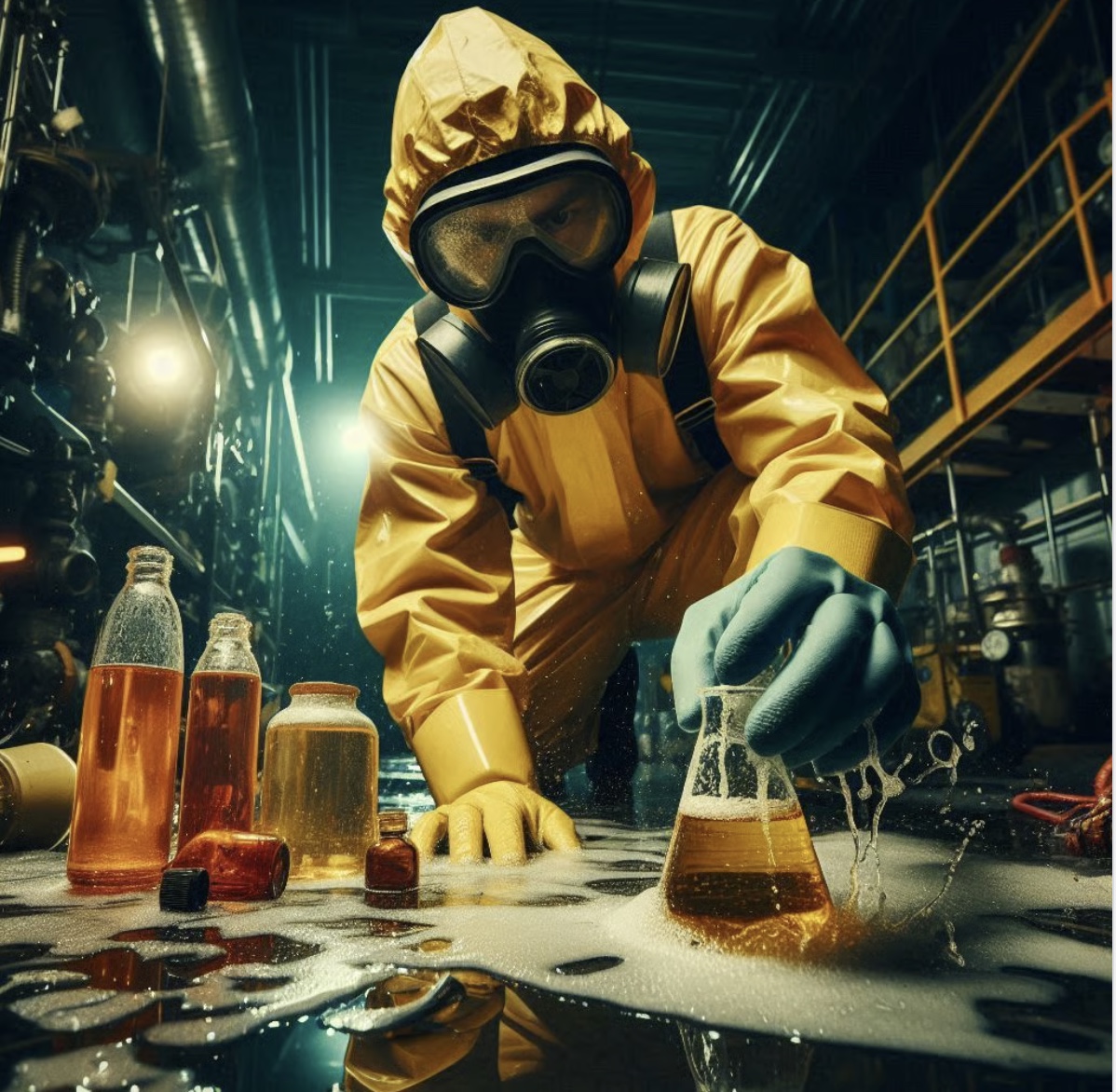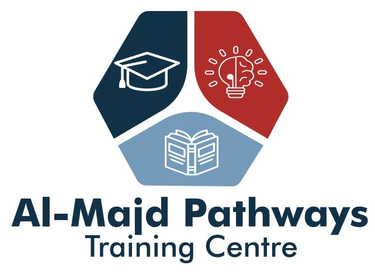
Chemical Spills, Safety Precautions & Response Action
£6800.00
Why Choose this Training Course?
This Chemical Spills, Safety Precautions & Response Action training course helps delegates recognise the risks associated with chemical releases, provides basic procedures for preventing releases, and teaches the correct actions for responding to accidental releases or spills of hazardous materials.
While chemicals are integral to modern life when used correctly, operational faults or equipment failures can lead to chemical spills. Many of the chemicals we encounter can cause serious harm and environmental damage, and exposure to them can be fatal. Therefore, chemical spill awareness is essential in the workplace. This training course emphasises that the best way to avoid chemical spills is to prevent them and also teaches response techniques if containment is lost.
Key Features of this Training Course:
Understanding hazards of chemicals
Acting safely when chemical releases or potential releases require appropriate action
Controlling a spill using a spill kit
Selecting personal protective clothing and other response equipment
Incident Response Plans
What are the Goals?
By the end of this training course, participants will be able to:
Understand basic terms associated with chemical releases and explain the terms "containment" and "confinement"
Recognize areas where spills are likely to occur and develop work practices to prevent spills
Define the goals of spill control
Identify procedures and actions to take when discovering or responding to a spill of hazardous materials or waste
Describe the roles and responsibilities of personnel in incidents and emergency situations
Who is this Training Course for?
This training course is designed for management, supervisors, and employees who use, produce, come into contact with, or sell chemicals as part of their daily work and need to be aware of correct safety procedures to respond to chemical spills effectively. It benefits a wide range of professionals, including:
Plant/Operations Personnel & Managers
Shift Supervisors & Shift Team Leaders
Laboratory Personnel
Emergency Incident Wardens
Those who may be required to respond to workplace incidents involving possible or actual chemical releases
How will this Training Course be Presented?
This training course will utilise various proven adult learning techniques to ensure maximum understanding, comprehension, and retention of the information presented. The course includes a combination of lectures, videos, case studies, group discussions, and participation in group/individual workshop sessions. Delegates are encouraged to bring specific experiences and issues they are facing to the session for group discussion.
Course Outline
Day One: Hazardous Chemicals
Introduction
Hazardous Materials
Identification of Hazards
Examples of Different Types of Spills
Day Two: Spill Prevention and Control
Work Practices for Preventing Spills
Incidents and Types of Emergency Situations
Goals of Spill Control
Responder's Safety
Spill Response and Clean-up Procedures
Personal Protective Equipment (PPE)
Day Three: Developing a Spill Response Plan
Material Safety Data Sheet
Risk Assessment
On-site Emergency Plans
Training, Exercises & Drills
Roles and Responsibilities of Personnel
Off-site Emergency Plans
Day Four: Evacuation, Spill Control Materials, and Kit
Identifying Additional Resources for Spill Response Procedures
Evacuation
Missing Persons
Environmental Philosophy
Incident Reporting & Communication
Recommended Spill Control Materials Inventory & Locations
Day Five: Clean-up & First Aid
Classic Case Studies
Specific Procedures
Best Practices and Mistakes to Avoid
Bioremediation
First Aid
Certificate of Completion: Upon successful completion of the course, participants will receive a Certificate of Completion from Al-Majd Pathways Centre (APC).
Get in touch with us today.
Follow
Sign-up for our newsletter
0044 7466410010
©2025 All rights reserved.
